Source: Liveright, W.W. Norton
Paperback, 285 pages
I am an Amazon Affiliate
Walking Home: A Poet’s Journey by Simon Armitage is part memoir and part travelogue, and the path he chooses to walk — while contrary to what is outlined in the guidebooks for the Pennine Way in England and part of Scotland — is literally a walk home for him. He begins in Kirk Yethom, Scotland, and ends more or less in Edale, England, which is in the Peak District. As a poet, readers may expect a deeper analysis of the journey or the travails he experiences, but as Armitage is nearly constantly accompanied by strangers, friends, fellow poets, and even his family, he has little time to contemplate more than the scant passerby or the physical obstacles in his path. Much of the travelogue is focused on Armitage re-orienting himself by map or landscape or simply following someone who has offered to guide him over a particular leg of the 267 miles. The first poem included in the book doesn’t come until he has pass nearly a third of the way through the trail — whether that is when inspiration hit him to write a poem during the journey or whether it was written afterward about that section of the trail is unclear.
“Prose fills a space, like a liquid poured in from the top, but poetry occupies it, arrays itself in formation, sets up camp and refuses to budge. It is a dissenting and willful art form, and most of its practitioners are signed-up members of the awkward squad.” (page 5)
Armitage has help in coordinating his journey, which includes readings held at the end of each leg either in an inn, a home, a bar, or other venues, and he passes a sock about the room for collections, which he uses to fund his continued journey along the way. He says that he sets out on the journey to get “out there,” rather than write about far-off places from his desk chair. In a way, he sees it as a way to “clear his head.” The path does not seem to clear his head so much as clutter it with more concerns and worries about himself and the physical health of others.
There is a point early on in which he gains a “regular” pace of walking and he feels as though he’s reached his stride, but he’s clearly not reached the most arduous parts of the journey. Those parts of the journey clearly weigh on his psyche, as does his part of the journey when he is lost in the mist. He nearly loses his sense of identity, but he continues onward. Perhaps this is the crux of the prose, that poets lose themselves in the journey and that loss of self can be frightening unless the poet can plod forward.
Walking Home: A Poet’s Journey by Simon Armitage is a journey at the arm of a poet who does not find himself all that interesting and cannot seem to understand the reason why anyone would volunteer to go on the journey with him or even come to listen to him read his poems. The one interesting moment in the memoir where he talks of spare rooms as the keepers of “family lore” and “memory vaults,” is grossly under-explored, as he seems to want to keep out of the private moments of the people who open their homes to him. While the landscape is varied and the hardships he faces could be a cautionary tale against these kinds of treks, the journey does not live up to reader’s expectations about what a poet would write about, experience, or explore.
About the Poet:
Simon Armitage was born in 1963 in the village of Marsden and lives in West Yorkshire. He is a graduate of Portsmouth University, where he studied Geography. As a post-graduate student at Manchester University his MA thesis concerned the effects of television violence on young offenders. Until 1994 he worked as Probation Officer in Greater Manchester.
His first full-length collection of poems, Zoom!, was published in 1989 by Bloodaxe Books. Further collections are Xanadu (1992, Bloodaxe Books), Kid (1992, Faber & Faber), Book of Matches (1993, Faber & Faber), The Dead Sea Poems (1995, Faber & Faber), Moon Country (with Glyn Maxwell, 1996, Faber & Faber), CloudCuckooLand (1997 Faber and Faber), Killing Time (1999 Faber & Faber), Selected Poems (2001, Faber & Faber), Travelling Songs (2002, Faber & Faber), The Universal Home Doctor (2002, Faber & Faber), Tyrannosaurus Rex Versus the Corduroy Kid (2006, Faber & Faber, Knopf 2008), and Seeing Stars (2010, Faber & Faber, Knopf 2011).
Armitage’s 2012 nonfiction book Walking Home, an account of his troubadour journey along the Pennine Way, was a Sunday Times best-seller for over a month and is shortlisted for the 2012 Portico Prize.


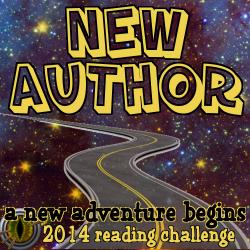
For today’s 2014 National Poetry Month: Reach for the Horizon tour stop, click the image below:

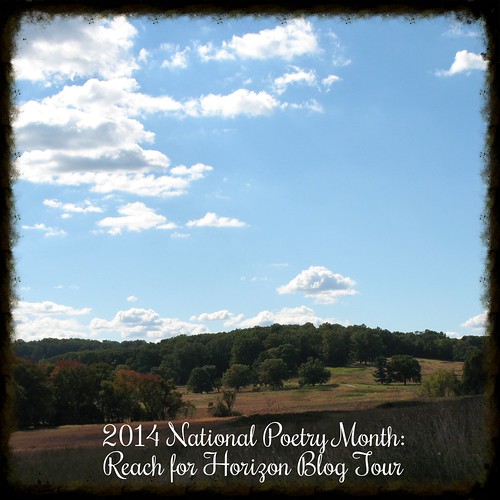



 About the Author:
About the Author:

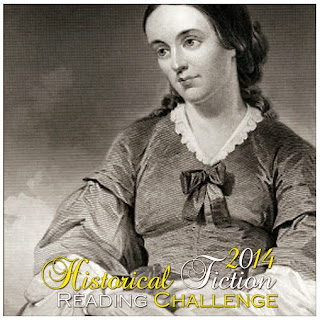




 About the Author:
About the Author:
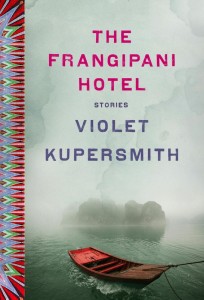
 About the Author:
About the Author:
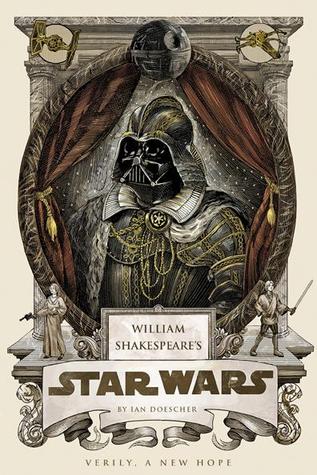
 About the Author:
About the Author:


